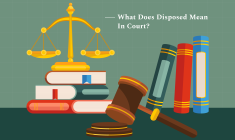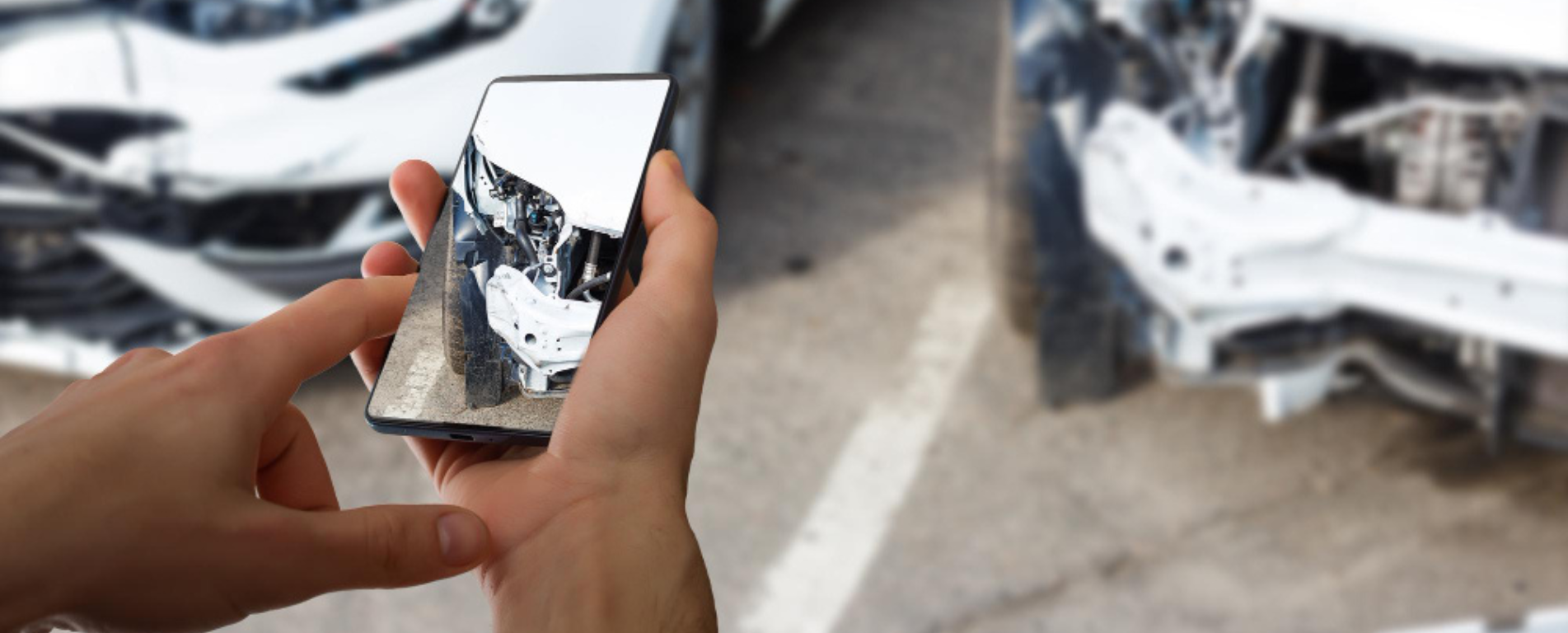Have you ever thought about how often do car accident cases go to court? Let’s be real—most car crash claims never end up in a courtroom.
The parties involved settled the case way before that. But every now and then, things get messy and yeah… you’re looking at a trial.
It usually happens when someone’s really hurt, the medical bills are crazy high, or there’s just a big fight about who actually caused the wreck.
And if you’re already hurting, dealing with paperwork, calls from the insurance folks… tossing a trial on top of that? It’s a lot, especially in a place like Miami, where car accidents happen way too often.
How Often Do Car Accident Cases Go To Court, And When?
Well, car accident cases do sometimes go to court, but it’s less than you would guess. Only during the seasons I have mentioned below do they hit the court. Let’s learn more about them:
1. When Settlements Don’t Cut It
Most of the time, people settle. It’s faster, cheaper, and honestly, less of a headache. But that only works when both sides agree on the basics.
Sometimes the insurance company plays hardball—says your injury wasn’t from the crash, or that your treatment was over the top. And what offer do they throw at you? It’s nowhere near enough.
In cases like that, your only real move might be to sue. Not because you want to—but because it’s the only way to get them to take things seriously.
2. Why You (Really) Need A Lawyer
Are you trying to go to trial on your own? Yeah, that’s a tough one. There’s evidence to dig up. Additionally, you will need to hit timelines and have expert witnesses to deal with.
Furthermore, it’s needless to mention that you will have to go head-to-head with insurance lawyers who do this stuff all day.
A good personal injury attorney is someone who’s been in the courtroom and knows how insurance companies operate.
A good example can be a Miami auto accident attorney. They can handle all that.
They’ll help you build your case, meet deadlines, and guide you through the mess. In Miami, firms like Bernstein & Maryanoff know the ropes and won’t back down if your case needs to go all the way.
3. How Damages Actually Work
A trial isn’t just about proving who caused the crash. It’s also about showing what the crash cost you—physically, financially, emotionally.
There are two types of damages: the stuff with receipts (like medical bills, lost wages) and the stuff that’s harder to put a price on (like pain, mental strain, or not being able to do the things you used to).
If your injuries are serious, you might also be looking at future care or lost income down the road. That’s where experts—doctors, economists—come in to explain the long-term picture.
The jury listens to all of it: your records, your job history, your pain. If the other driver was really reckless, like driving drunk? You might get punitive damages too, just to send a message.
How Often Do Car Accident Cases Go To Court, And What Steps Are Involved?
Now that we know the reasons and the possible frequency, we can answer how often do car accident cases go to court.
However, we need to assess the different stages involved in this process for a better understanding. Let’s take a look:
1. Filing A Lawsuit: What That First Step Looks Like
If settling doesn’t work out, the next step is filing a lawsuit. That starts with a complaint—a legal doc that basically tells your side of the story. What happened, how you got hurt, what you’re asking for.
Once it’s filed, the other driver (and their insurer) get a copy. They have a short window—usually a few weeks—to answer. They might admit some things, deny others, or try to shift the blame.
Early on, they might try to get the case thrown out. It happens. But if you’ve got decent evidence, those moves usually don’t work. Then the case moves into something called discovery, which is basically the digging phase.
2. Discovery: The Not-So-Fun Evidence Stage
Discovery is where both sides swap information. It’s kind of like showing your cards before the game starts. There’s paperwork, medical records, photos, and sometimes tons of questions back and forth.
There are also depositions, where people give sworn testimony, usually in some lawyer’s office, with a court reporter writing everything down.
The defense might also want you to see their doctor (yep, that’s a thing). Having a lawyer helps here—they make sure you’re not giving away too much or being pushed around.
3. There’s Still Time To Settle (Even After Suing)
Just because you’ve filed a lawsuit doesn’t mean you’re locked into trial. A lot of cases still settle somewhere along the way.
Once both sides see the evidence clearly, they might decide it’s better to reach a deal.
Mediation sometimes helps. That’s where a neutral third party tries to get everyone on the same page. Still, some insurers play the waiting game—hoping you’ll crack under the pressure. But if your lawyer knows what they’re doing, they’ll know when it’s time to settle or go all-in at trial.
4. What Actually Happens At Trial
If no deal’s reached, you go to court. First step? Jury selection. Both sides help pick people they think will be fair. Then come opening statements—basically, both lawyers giving the jury a preview of what they’re going to argue.
Your side presents first—witnesses, experts, medical records, the whole deal. Then the defense tries to poke holes in it or claim your injuries aren’t as bad as you say. After that, both sides wrap things up with closing arguments. Then the jury gets instructions and heads off to decide.
5. The Verdict—And What Comes After
If the jury sides with you, the court issues a judgment, meaning you win. But hang on—things aren’t always over right there. The other side might file motions to challenge the result or even appeal. An appeal isn’t a whole new trial—it’s more like checking to see if the rules were followed.
If everything stands, then it’s about collecting the money. Sometimes it’s fast. Other times, not so much—especially if liens or insurance paybacks need to be sorted out first. If it’s a large amount, figuring out how to manage that money becomes a priority too.
No More Wondering About How Often Do Car Accident Cases Go To Court
Look, going to trial after a car accident isn’t something anyone wants to do. But sometimes, it’s the only way to get a fair shake.
Knowing what’s ahead—step by step—can help you feel a little more in control. Yeah, it’s a long process, and not always smooth.
But when the insurance company refuses to play fair, a trial might just be your best shot at justice.
Read More:
















